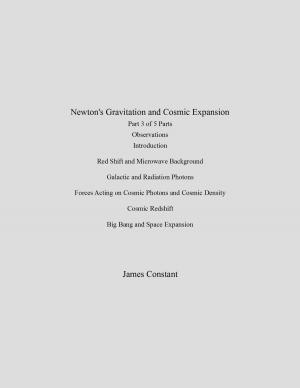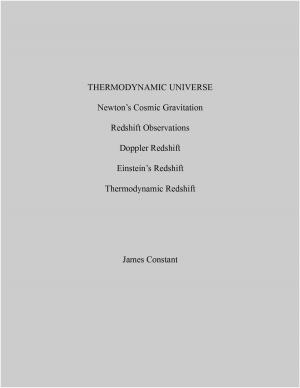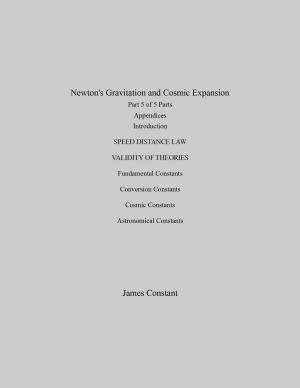| Author: | James Constant | ISBN: | 9781310909382 |
| Publisher: | James Constant | Publication: | August 10, 2015 |
| Imprint: | Smashwords Edition | Language: | English |
| Author: | James Constant |
| ISBN: | 9781310909382 |
| Publisher: | James Constant |
| Publication: | August 10, 2015 |
| Imprint: | Smashwords Edition |
| Language: | English |
Malthus (1766-1834 A.D.) told us that population growth will always tend to outrun the food supply and that betterment of humankind is impossible without stern limits on reproduction. This thinking is commonly referred to as Malthusianism. At his time, Malthus was unaware that the effects of the environment would change, brought about by international industrialization, and become a significant threat to man’s survival. Malthusianism assumes that the environment is stationary and benign. In such an environment, the supply of food is the basic component of population growth and man’s survival requires stern limits on reproduction. Malthus also assumed that limits on reproduction would decrease population growth.
Since the first part of the 20th century we have seen exponential population growth and increase in worldwide temperatures. In effect, Earth has become mankind’s putative frying pan. Here, I look at what science tells us about the short and long term effects of the Earth’s changing environment. Because of climate change, I conclude that international industrialization will always tend to increase the Earth’s population and temperature and that the future of humankind is impossible without stern limits on population growth and the Earth’s temperature. I consider international industrialization and the supply of food as the basic components of population growth and temperature increase. As international industrialization pushes population and temperature to higher levels, humankind will adapt culturally by tossing its political and moral virtues favoring population growth. If humankind is to survive as a species, births must be decreased and deaths must be increased to survivable levels. This means, in time as temperature increases, increasingly fewer births and more deaths. The idea that the human species is sacrosanct and that population growth can be mitigated by technology will change, by man and/or nature, as global temperature increases.
Malthus (1766-1834 A.D.) told us that population growth will always tend to outrun the food supply and that betterment of humankind is impossible without stern limits on reproduction. This thinking is commonly referred to as Malthusianism. At his time, Malthus was unaware that the effects of the environment would change, brought about by international industrialization, and become a significant threat to man’s survival. Malthusianism assumes that the environment is stationary and benign. In such an environment, the supply of food is the basic component of population growth and man’s survival requires stern limits on reproduction. Malthus also assumed that limits on reproduction would decrease population growth.
Since the first part of the 20th century we have seen exponential population growth and increase in worldwide temperatures. In effect, Earth has become mankind’s putative frying pan. Here, I look at what science tells us about the short and long term effects of the Earth’s changing environment. Because of climate change, I conclude that international industrialization will always tend to increase the Earth’s population and temperature and that the future of humankind is impossible without stern limits on population growth and the Earth’s temperature. I consider international industrialization and the supply of food as the basic components of population growth and temperature increase. As international industrialization pushes population and temperature to higher levels, humankind will adapt culturally by tossing its political and moral virtues favoring population growth. If humankind is to survive as a species, births must be decreased and deaths must be increased to survivable levels. This means, in time as temperature increases, increasingly fewer births and more deaths. The idea that the human species is sacrosanct and that population growth can be mitigated by technology will change, by man and/or nature, as global temperature increases.















